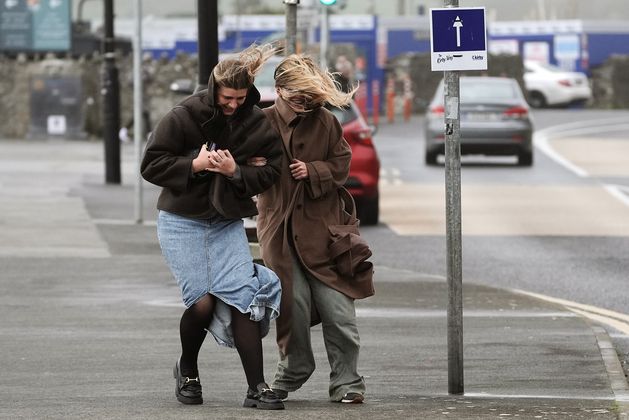Fashion
People in the Republic working longer hours than their counterparts in North: ESRI study

It found that 26pc of men in the Republic reported working between 41 and 70 hours in a usual week. This compared to 17.6pc of men in the North.
Just over one in 10 women in the Republic said they worked more than 40 hours a week, compared to 4.7pc in Northern Ireland.
The fact that a higher proportion of workers in Republic are employed in the private sector, where working hours tend to be longer, is one reason for the difference.
The study also found that levels of labour market participation are lower for both women and men in Northern Ireland compared to the south, with female participation at 76pc in the Republic compared to 72pc in the North. Differences in education attainment are a factor.
The researchers drew on data from 2022 in assessing barriers to employment, and found significant differences in terms of low pay, working from home, and hours of work between women and men in the two jurisdictions.
Having young children reduces labour market participation among women to the same extent on both sides of the Border, but women in Northern Ireland with older children were less likely to participate than their counterparts in the south.
One-quarter of women and 18pc of men in the Republic were classified as low-paid, defined as earning less than two-thirds of median hourly pay. This compared to 21pc of women and 14pc of men in Northern Ireland.
The authors say that even taking into account factors such as education and age, women on both sides of the Border were more likely to be low-paid compared to men. Higher education offered stronger protection against low pay in both jurisdictions.
Working from home is more popular in the Republic, where 25pc of women and men were doing so in 2022, compared to 14pc of women and 19pc of men in Northern Ireland who classified themselves as working ‘mainly from home’.
Women in Northern Ireland were less likely to work from home due to their over-representation in health, education and front-line public administration and also in part-time jobs. They were more likely to work part-time than men in both jurisdictions, but rates are significantly higher in Northern Ireland.
Garance Hingre, a research assistant in the ESRI and one of the authors of the report, said: “Labour market inclusion is a key component of gender equality.
“Women experience common disadvantages in the labour market across the island of Ireland.
“Yet the scale and nature of gender differences are also shaped by national policies and demographics. Comparing neighbouring systems offers an opportunity for mutual policy learning.”









